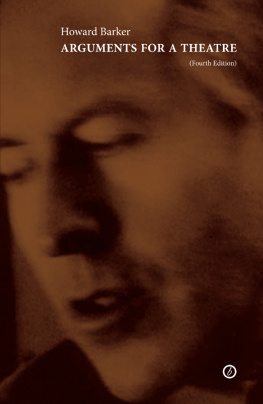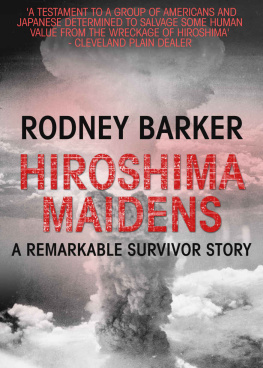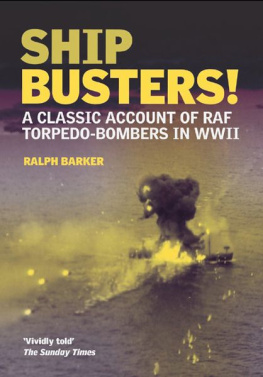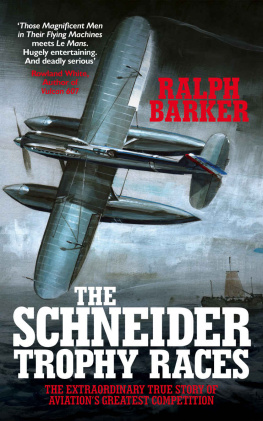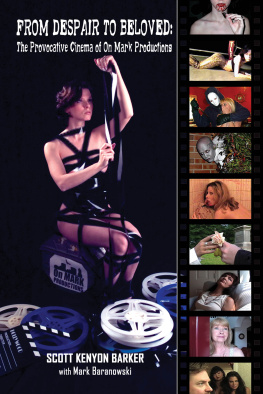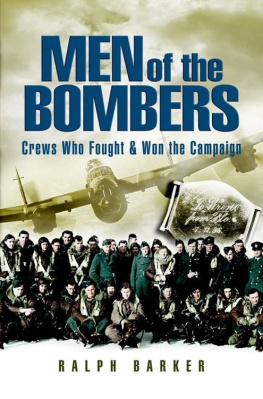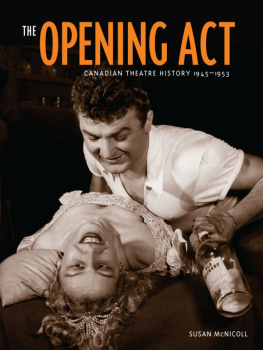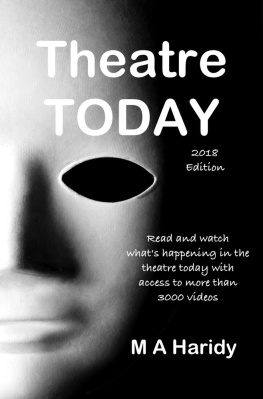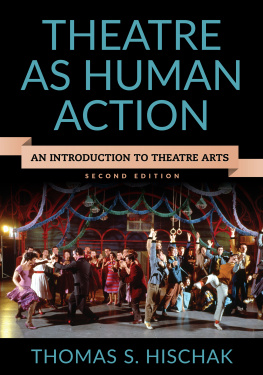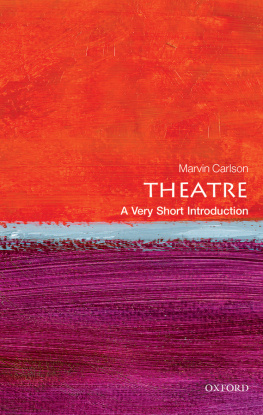Howard Barker
ARGUMENTS FOR A THEATRE
(Fourth Edition)

This fourth edition first published in 2016 by Oberon Books Ltd
521 Caledonian Road, London N7 9RH
Tel: +44 (0) 20 7607 3637 / Fax: +44 (0) 20 7607 3629
e-mail:
www.oberonbooks.com
Copyright Howard Barker, 1989, 1993, 1998, 2016
Afterwords Copyright David Ian Rabey, 2016
First edition published 1989 by John Calder (Publishers) Ltd
Second edition published 1993 by Manchester University Press
Third edition published 1998 by Manchester University Press
Howard Barker is hereby identified as author of this work in accordance with section 77 of the Copyright, Designs and Patents Act 1988. The author has asserted his moral rights.
You may not copy, store, distribute, transmit, reproduce or otherwise make available this publication (or any part of it) in any form, or binding or by any means (print, electronic, digital, optical, mechanical, photocopying, recording or otherwise), without the prior written permission of the publisher. Any person who does any unauthorized act in relation to this publication may be liable to criminal prosecution and civil claims for damages.
A catalogue record for this book is available from the British Library.
PB ISBN: 9781783198054
EPUB ISBN: 9781783198047
Cover photo by Marcia Pointon
Printed, bound and converted by CPI Group (UK) Ltd, Croydon, CR0 4YY.
Visit www.oberonbooks.com to read more about all our books and to buy them. You will also find features, author interviews and news of any author events, and you can sign up for e-newsletters so that youre always first to hear about our new releases.
Contents
A bargain with impossibility:
the theatre of moral speculation in an age of accord
Preface
The pieces collected here may be construed as theory, but theory is also rage, temper, nightmare and the suicide note, never really the measured judgement of objective minds, never simply a proposition but always an offensive or defensive act, the parrying of blows, the elaboration of an annihilation. These are scarcely arguments at all, but masquerading as arguments, possibly reveal, as an actor reveals by so many imitations. Theory in this instance follows on practice, the trauma of performance necessitating some return to causes, instincts, purposes, to the milieu in which theatre occurs, inevitably therefore, to democracy. These essays, poems, manifestoes, take as their starting point not only the agony of artistic production but also the agony of artistic experience, the pain not only of the creator but the pain of the witnesses. It is tragedy, therefore, that is being uttered here, as one might speak a secret curse in the confines of an alien religion. Is tragedy not the last secret of the Laughing World? The repudiation of all that entertains? Is it not in effect, a threat to civility? So Plato sensed, and the same sense of horror lingers as a monotonous bass note beating beneath the utilitarian style of most criticism today. Because tragedy remains both secret and an ecstasy, the discovery of its audience and the preparation of this audience the shape of new theatre practice is necessarily subterranean, nearly a conspiracy. Some of the signposts, a few of the keys, I hope are littered in these fragments, flung up from intuitions, squeezed between contradictions, dug from the humus of a prose. It has been my first principle as a dramatist, and subsequently as a director of my plays, that the author does not instruct. So what may be discovered here will not be advice, or strategy, nor even the thing conventionally known as the useful, for these things serve new oppressions, finally. Rather it is the sound of a style that might be heard, formed of analysis and injury, unharmonious notes which taken as a whole constitute not only a demand but also a longing
We are living the extinction of official socialism. When the opposition loses its politics, it must root in art.
The time for satire is ended. Nothing can be satirized in the authoritarian state. It is culture reduced to playing the spoons. The stockbroker laughs, and the satirist plays the spoons.
The authoritarian art form is the musical.
The accountant is the new censor. The accountant claps his hands at the full theatre. The official socialist also hankers for the full theatre. But full for what?
In an age of populism, the progressive artist is the artist who is notafraid of silence.
The baying of an audience in pursuit of unity is a sound of despair. In a bad time laughter is a rattle of fear.
How hard it is to sit in a silent theatre.
There is silence and silence. Like the colour black, there are colours within silence.
The silence of compulsion is the greatest achievement of the actor and the dramatist.
We must overcome the urge to do things in unison.
To chant together, to hum banal tunes together, is not collectivity.
A carnival is not a revolution.
After the carnival, after the removal of the masks, you are precisely who you were before. After the tragedy, you are not certain who you are. Ideology is the outcome of pain.
Some people want to know pain. There is no truth on the cheap.
There are more people in pursuit of knowledge than the accountants will admit.
There is always the possibility of an avalanche of truth-seekers.
Art is a problem. The man or woman who exposes himself to art exposes himself to another problem.
It is an error typical of the accountant to think there is no audience for the problem.
Some people want to grow in their souls.
But not all people. Consequently, tragedy is elitist.
Because you cannot address everybody, you may as well address the impatient.
The opposition in art has nothing but the quality of its imagination. The only possible resistance to a culture of banality is quality.
Because they try to debase language, the voice of the actor becomes an instrument of revolt.
The actor is both the greatest resource of freedom and the subtlest instrument of repression.
If language is restored to the actor he ruptures the imaginative blockade of the culture. If he speaks banality he piles up servitude.
Tragedy liberates language from banality. It returns poetry to speech. Tragedy is not about reconciliation. Consequently, it is the art form for our time.
Tragedy resists the trivialization of experience, which is the project of the authoritarian regime.
People will endure anything for a grain of truth.
But not all people. Therefore a tragic theatre will be elitist.
Tragedy was impossible as long as hope was confused with comfort.
Suddenly tragedy is possible again.
When a child fell under a bus they called it a tragedy. On the contrary, it was an accident. We have had a drama of accidents masquerading as tragedy.
The tragedies of the 1960s were not tragedies but failures of the social services.
The theatre must start to take its audience seriously. It must stop telling them stories they can understand.
It is not to insult an audience to offer it ambiguity.
The narrative form is dying in our hands.
In tragedy, the audience is disunited. It sits alone. It suffers alone.
In the endless drizzle of false collectivity, tragedy restores pain to the individual.
You emerge from tragedy equipped against lies. After the musical, you are anyones fool.
Tragedy offends the sensibilities. It drags the unconscious into the public place. It therefore silences the banging of the tambourine which characterizes the authoritarian and the labourist culture alike.

